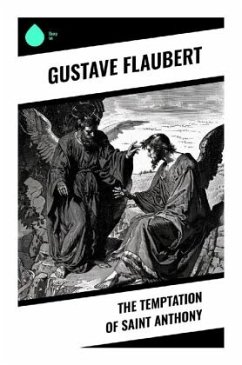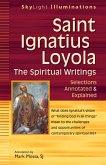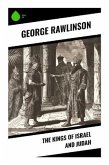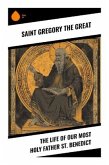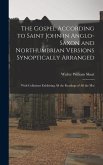Gustave Flaubert's "The Temptation of Saint Anthony" is a rich, stylistically audacious exploration of faith, desire, and the nature of human experience. Written in a highly poetic prose that reflects Flaubert's penchant for meticulous detail and aesthetic precision, the work delves into the spiritual and psychological struggles faced by Saint Anthony in the wilderness. Drawing on a blend of religious and philosophical themes, it functions as a dialogue between the sacred and the profane, using vivid imagery and a dreamlike narrative structure that challenges conventional storytelling of its time. Flaubert's innovative approach positions this work within the context of modernist literature, paving the way for future literary experimentation. Flaubert, a towering figure of 19th-century literature, was deeply influenced by his own existential inquiries and dissatisfaction with societal norms. His previous works, combined with extensive study of religious texts and philosophical works, informed his vision in creating this allegorical piece. "The Temptation of Saint Anthony" showcases his fascination with the complexities of human emotion and the conflicts between individual desire and societal expectation. Highly recommended for readers interested in the intersection of religion and literature, Flaubert's work invites contemplation of profound existential questions. This book is not merely a narrative; it is a philosophical exploration that resonates with anyone grappling with the nature of belief and desire. It is essential reading for those who wish to engage with Flaubert's unique literary legacy.

